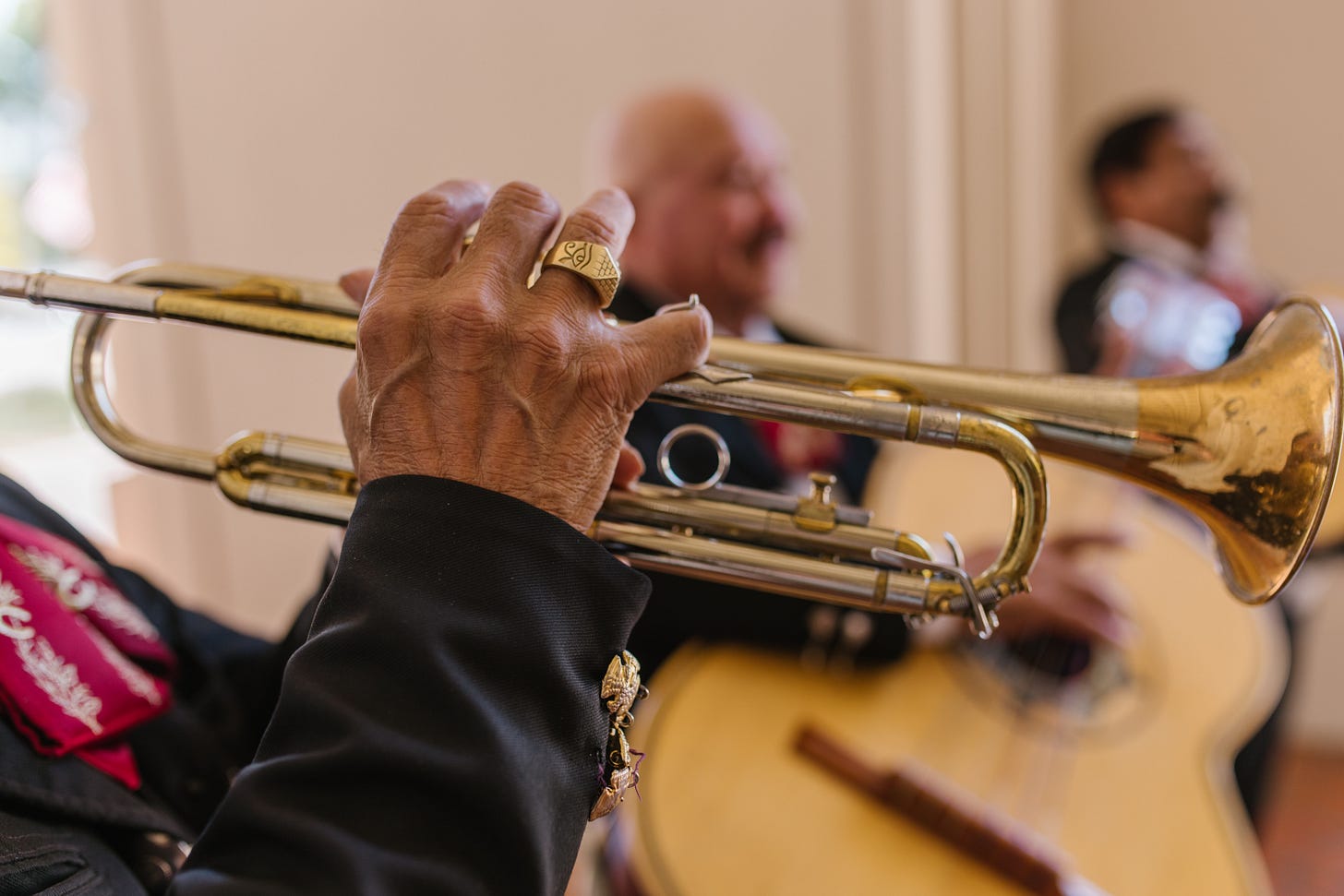Is Crystal-Clear Sound After 60 a Myth?
Discover How Smart Agers are Minimising Dementia Risk by Reversing Hearing Loss
I recently found an app from Dementia Australia filled with excellent information, questionnaires and brain health activities.
It encourages us to optimise hearing and outlines the risks of not doing so as we age.
Research has found that there may be a link between hearing loss and the risk of developing cognitive problems later in life. Early diagnosis and intervention can help improve your quality of life and reduce the risk of dementia.
Recent guidelines for dementia prevention highlight hearing loss as an important and perhaps underestimated risk factor for dementia, both in mid and later-life.
This is based on research showing a two-fold increase in the risk of developing dementia in people with mild symptoms of hearing loss compared to those with normal hearing. People with severe hearing loss may be five times more likely to develop dementia later in life.
Several possible reasons for hearing loss increasing dementia risk include:
• Some people may withdraw from conversations and social activities so important for brain health.
• Reduced hearing ability may put greater strain on the brain, increasing brain vulnerability
However, hearing loss is a risk factor, not a guarantee.
Our senses are fragile. As we age, tiny hairs in the cochlear get damaged first. Associated high notes are lost, making it difficult to distinguish words from the cacophony of general life sounds.
Could there be a way to hang onto our hearing even without the use of hearing aids as we age?
Medical journalist Dr. Michael Mosely’s recent documentary, The Secrets of the Super Agers, zeroed in on hearing loss, revealing some amazing insights.
He introduces 86-year-old Chicago Jazz musician Bobby Lewis, who has played trumpet for over 50 years and has 7,500 recording sessions under his belt. We tend to think that if anyone has been affected by hearing loss, it would be musicians. Interestingly, while he had age-related hearing loss commensurate with his age, he is still able to improvise with the band as someone with full hearing. How could that be?
Further audiogram testing showed his brain fills in the gaps in his hearing. A lifetime of sound, making music, engaging and strengthening the sound mind (brain) has created neural pathways the brain now uses to ‘make up’ what he can’t hear physically. His brain is still responding to the rich elements of sound and harmonics, allowing him to improvise with his band.
It’s a paradox; the ears collect the sense information and can be damaged, but the brain may still be able to process the sounds.
Does this mean that it is too late for Smart Agers? Not necessarily.
We may not need to train for decades to reverse age-related hearing loss.
A Toronto research project brought together a group of 54 to 79-year-olds into a choir who practised for 10 weeks and were retested using the Babble test to determine if their hearing had improved.
The remarkable results showed a 10-20% improvement in the participants’ hearing to match average 30-year-olds. Singing, especially in a group, clearly makes a difference.
It seems that focused listening required to sing with the group, in turn, improved their brain’s ability to distinguish specific sounds from the cacophony. It might just be a key to help us hang onto our hearing longer.
Listening is a skill that you actively take part in. Active listening is intentional. It involves a level of concentration, paying attention to the sound, being interested in the sound, and being focused on it. In other words, you are thinking about or applying cognitive skills to the sound you are hearing. This brings us to hearing loss and music.
Having a “good ear” refers to two core abilities: 1) hearing accurately (including being aware of sounds, hearing detail, and the ability to judge details such as timbre and pitch reliably), and 2) understanding what you hear (including classifying the sounds and attaching meaning) - something a long-standing musician takes for granted.
In addition, listening to music is not only beneficial to health and well-being but one of life’s pleasurable sensual activities. Music can improve your mood, reduce stress, lessen anxiety, increase performance when exercising, improve memory, ease pain, provide comfort, and improve cognition.
The Toronto research tells us it’s never too late to reverse age-related hearing loss.
Hearing enhancement activities could include:
• Listening to classical music - actively learning to identify specific instruments
• Learning to play an instrument - playing with a group to experience harmonics
• Learning a new language - listening to natives speaking to distinguish words
Focusing on specific sounds develops our ear for music or sound in general, builds new neural pathways to compensate for hearing loss and enhances hearing.
Michael Mosely also showcased SuperAgers defying the odds on sight, smell and taste age-related decline.
Your senses are your window to the rich and full life of a Smart Ager!
Don't lose them.
My Favourite Reads this week:
What we show the world may not be a reflection of what we have inside, Susan G.S. Abel
Ten Unimaginable Life Lessons You Can Learn from Anthony Bourdain, Unfiltered by Tim Denning
How To Bond With Your Family in 2 Easy Steps, Good Humor by CK Steefel





The Michael Mosley episode on Super Agers had a great segment on a jazz trumpeter who has not had the same hearing loss experienced by ageing non-musicians. I think I will take up the trumpet.
Thank you for the shout out, Robyn!
I was also reading about hearing loss and it's connection to dementia. It prompted a discussion with my husband. Hearing is something that diminishes gradually. It's sad that hearing aides are not covered by the US Medicare program, and they are expensive.
Great newsletter!